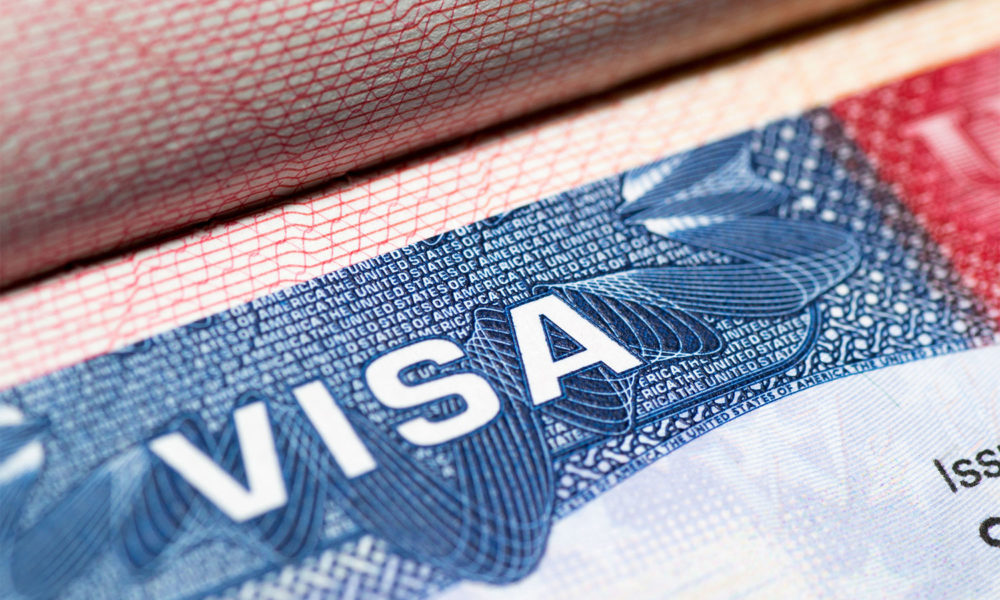Heartbroken. Angry. Enraged. These are a few of the things I am feeling after reading about the Trump Administration’s new policy for international students trying to obtain an education in the U.S. during the COVID-19 pandemic. As of this fall, any student (including high school exchange, college, and graduate students) enrolled in a school that decides to go entirely online to keep students and faculty safe will need to leave the country, including students who are already in the U.S. right now.
What the new policy will do
Announced on July 7, the policy affects both individuals seeking academic and vocational training. It is effectively going to bar many international students from the country through several mechanisms, assuming the COVID-19 pandemic continues on its current trajectory:
– The U.S. will not grant visas to international students inside or outside of the U.S. who are enrolled in U.S. schools that are operating exclusively online. International students who are in the U.S. already and are enrolled at universities that decide before the semester starts to operate fully online will need to leave the U.S.
– If schools start the semester in-person and need to change policies and go online later on due to the pandemic, international students will still need to leave the country unless they can find some way to keep in good standing with their student visa.
– For students at universities that take a hybrid approach, offering some classes online and some in person, international students are allowed to take one class or three credit hours online, with all others needing to occur in person.
This will leave many international students in an impossible situation in terms of staying safe, maintaining financing and housing and achieving their educational goals. Do they start college in the U.S. and hope they will not have to leave at some point? Do they continue going to classes even if they feel unsafe during the pandemic? Do they start college remotely and hope that they will someday be admitted into the country to study in person?
What the U.S. risks losing–international students’ contributions to the U.S.
As a scientist and a citizen, I am grateful for the contributions that international students make while they are studying and if they choose to contribute to the U.S. research enterprise after graduation. Scientists I know personally who were born in other countries and trained in the U.S. work in our universities and government labs improving our hurricane forecasts, help American farmers improve crop management practices, and develop better treatments for individuals who have suffered spinal injuries–research that is keeping U.S. residents safer and healthier.
A 2018 study by NAFSA found that international students attending colleges and universities contribute $39 billion annually to the U.S. economy. International students also pay more than domestic students, an important source of income for universities that drives down costs for domestic students.
What the U.S. risks losing–beyond the dollars
So often in the policy world we have to convert all arguments into dollars for people to listen. But there is also a very human issue here. Many of us know international students who either returned home or stayed on to make contributions in the U.S. who are near and dear to us, myself included. I hate thinking about the fear and barriers that these kinds of policies will create for good and decent people who are just trying to obtain an education and contribute to the world.
The biggest irony
The irony of all of this is that American students account for the vast majority of the world’s international students and the U.S. is the world’s hotbed of the coronavirus. So, who really stands to benefit from being able to study abroad and what does the U.S. really stand to gain from this policy?

Number of students studying abroad by country in 2014. Source: National Science Foundation
The endgame
This is yet another example of the Trump Administration using the COVID-19 pandemic as a sorry excuse for enacting xenophobic policies. Putting Latin American kids in cages, enacting a ban on Muslim immigrants, and banning work visas amidst the COVID-19 pandemic are others.
Given the importance of people from other countries to our culture, our ability to innovate, and most importantly, to our families and friendships, these policies to dissuade international students from sharing all that they offer to the US–policies that will leave so many people feeling frightened, unsafe, and confused during an already stressful time–are cruel.
Contact your legislator and tell them to stop the #studentban that will hurt the country’s ability to attract talent, our standing in the world, and people we care about.

